Don't let uncertainty about your health hold you back. Understanding what is cervical cancer and its preventable nature is the most powerful step toward protecting yourself.
What are the main causes of Cervical Cancer?
- The vast majority of cases are caused by persistent infection with high-risk strains of the human papillomavirus, more commonly known as HPV.
- While HPV is the main cause, other risk factors like smoking, a weakened immune system, and long-term oral contraceptive use can increase susceptibility.
- Lack of regular screening to detect and treat precancerous changes is a significant factor in the development of invasive cervical cancer over time.
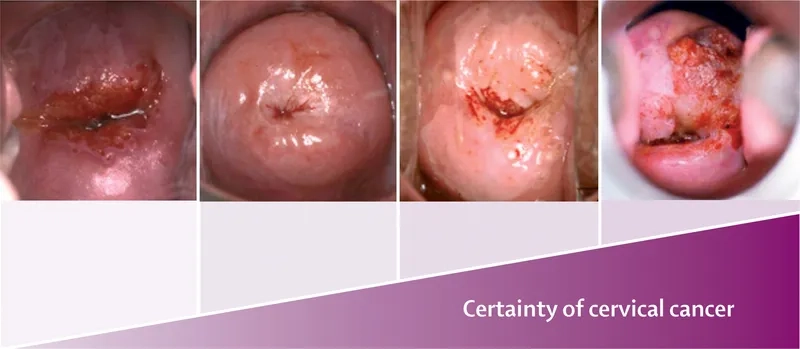
Key symptoms of Cervical Cancer to watch for
- Early on, there are often no symptoms, but key signs of cervical cancer can include abnormal vaginal bleeding, such as after intercourse or between periods.
- Other cervical cancer symptoms may include unusual vaginal discharge, which might be watery, pink, or have a foul odor, and pelvic pain.
- As the cancer progresses through different cervical cancer stages, symptoms can become more severe, including leg swelling and problems with urination or bowel movements.
How can you prevent Cervical Cancer effectively?
- The most effective primary prevention is the cervical cancer vaccine (Gardasil), which protects against the highest-risk HPV strains that cause most cancers.
- Regular screening with a Pap smear and/or HPV test is crucial for detecting abnormal cells so they can be treated before they become cancerous.
- If screening results are abnormal, a follow-up procedure called a colposcopy may be needed to examine the cervix more closely and take a biopsy.
>>> Learn now: Preventing liver cancer - Key risk factors to manage
Image the location of the cervix in the female reproductive system
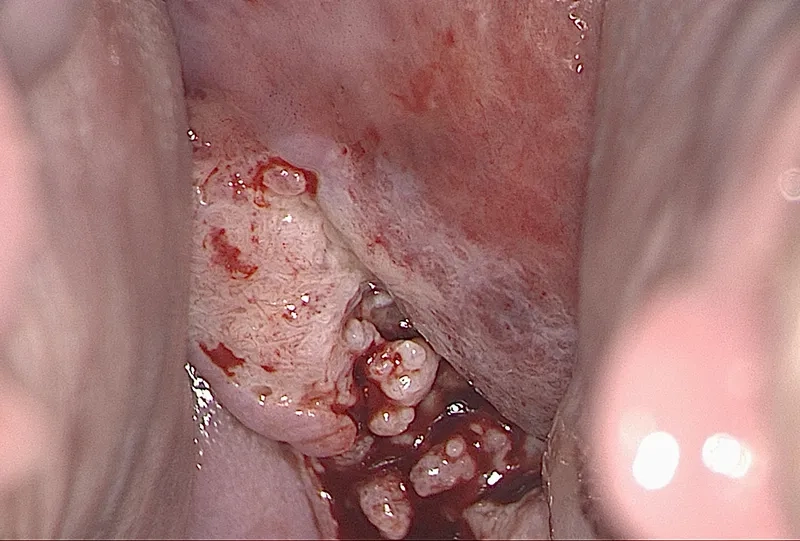

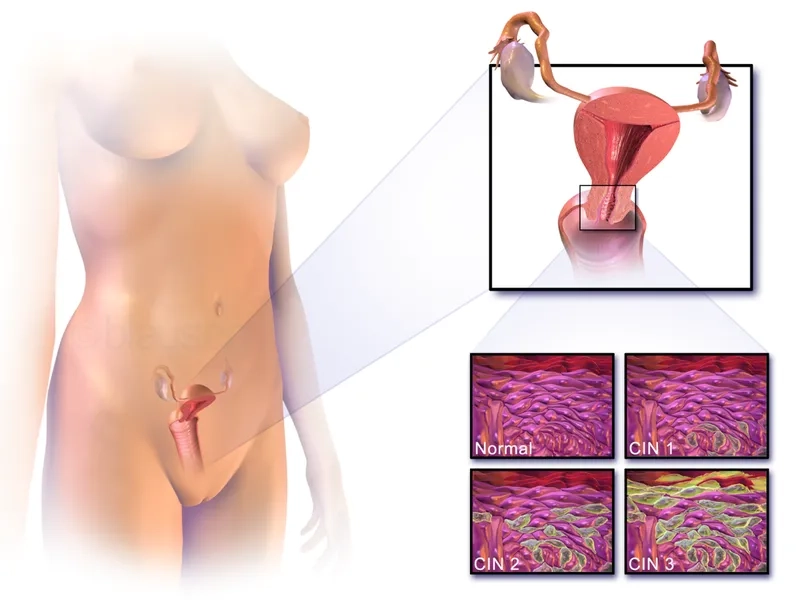

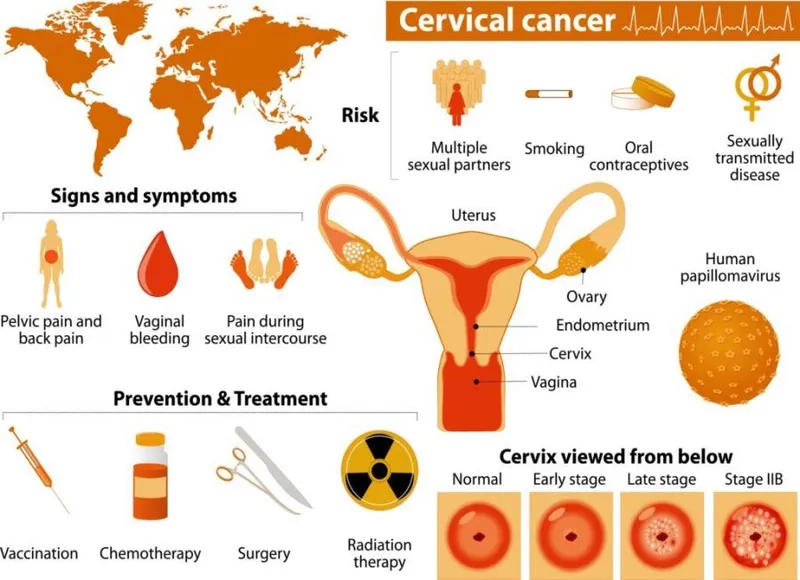

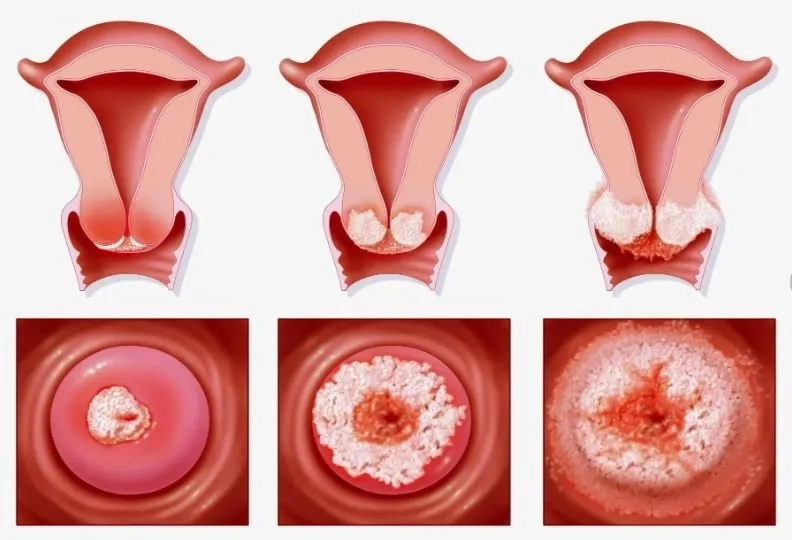
>>> Don't miss: Ovarian cancer - Don't ignore these subtle warning signs
The cervical cancer survival rate is very high with early detection. Prioritize your health by scheduling regular screenings and discussing cervical cancer treatment options with your doctor.
>>> Read more here: Uterine cancer - Understanding the most common symptoms






